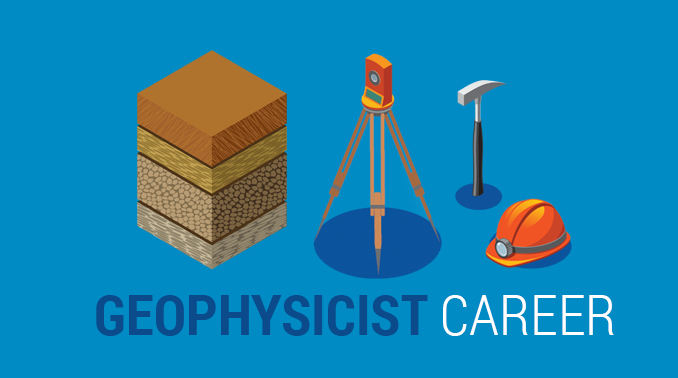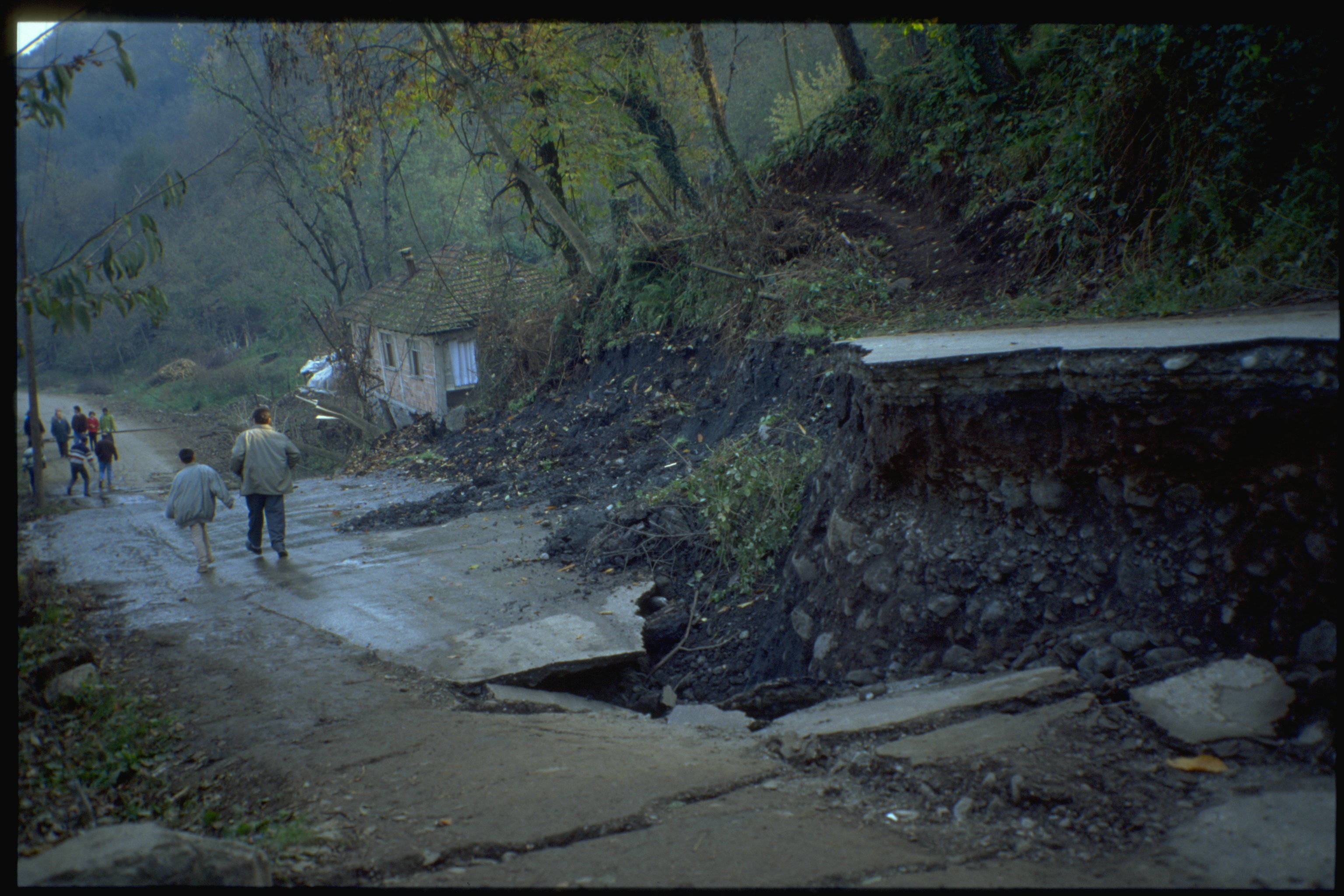All Categories
Featured
Table of Contents
How To Become A Geophysicist in Cardup Oz 2023
This work is increasingly contracted out, so consultancies provide another source of employment. Consultancy firms vary in size, from very little companies to big multinationals. Some consultancies are rather specialised in using specific geophysical methods or working in specific places, while others use a more varied variety of services to their customers.
The extraction of gas from landfill sites is another area of work and this might grow in the future. Exploration business may carry out work for building and construction companies, public utility, mining business and ecological agencies, so geophysicists may be utilized in any of these settings. Other employers include: geological surveysgovernment bodies and agenciesuniversities and research institutes.


Vacancies may be listed in the oil and gas sector press. Recruitment is affected by oil price changes and the level of competitors for positions varies depending upon this. Careers Days, which cover the full variety of geoscience professions and are typically attended by a number of crucial industry employers, are run by The Geological Society.
Geophysicist, Exploration - Job Descriptions in Canning Vale Aus 2023
A few of the large oil and gas companies offer a full two-year structured training program across the breadth of geophysics, consisting of the chance to experience work in different teams prior to specialising in one area. Your training might include work on: existing wellsmagnetic and gravitational prospective field data analysisresearchrock analysis. However, it's more typical for your preliminary training to be supplied on the task.

There might be a probationary duration during which you work along with a skilled colleague. Competency-based appraisals take place routinely in the majority of companies. In smaller sized firms, and for academic posts, there is not likely to be any formal training - you'll be anticipated to begin work straightaway and get skills as you go along.
If you work for a smaller business, you might discover that you require to take responsibility for setting up and moneying your own development and training. If you have a geology degree, membership of The Geological Society can be beneficial for networking and for maintaining to date with the market.
Geophysicist Education in Wanneroo Aus 2023
You might also discover it helpful to join the PESGB (The Petroleum Exploration Society of Great Britain, which has a geophysics special interest group. After a probationary duration, and once you've gotten some experience, you might advance to senior geophysicist, then team leader and then into a senior function in management.
The ease of motion in between roles depends on the company structure. Study at Masters or Ph, D level in a subject related to geophysics or geosciences may assist with your career advancement and progression. The work market within the oil and gas market is really based on cost and this may affect your opportunities for profession progression.
For experienced geophysicists, freelance consultancy provides a good path for career development. As a geophysicist, you're likely to have a number of jobs throughout your working life.
What Is Geophysics? in Craigie WA 2021
From geophysics, it's possible to concentrate on seismology (completing more training to end up being a seismic interpreter) or to move into related areas such as engineering geology or risk prediction.
Choosing what to study in college is a tough option. Even if you understand that your field of interest lies in science, what program of research study is right for you?
The first action to attaining your goal of becoming a geophysicist is making a degree. Even for entry-level positions in the field of geoscience, you'll need a bachelor's degree (a geophysicist college degree) from a recognized college or university. Geophysicists must be able to: analyze rocks, photographs, and other pieces of data conduct research study both in the field and in laboratories produce maps and charts of their findings write reports To accomplish all this, students need a specialized education for geophysicist professions.
As stated above, you'll require a bachelor's degree in geoscience or a related discipline, such as a physical science or a life sciences, to land an entry-level task. However trainees can also prepare by learning subjects like: Biology Chemistry Computer technology Engineering Mathematics Physics The above geophysicist majors offer a more generalized technique to a single scientific discipline, however many programs require trainees to take one or more geology course.
Latest Posts
Where Can A Geophysicist Work Other Than The Oil Industry? in Ellenbrook Oz 2021
Geophysicist in Como Aus 2022
Geophysical Surveys Definition & Meaning In Stock ... in Karrinyup Aus 2022